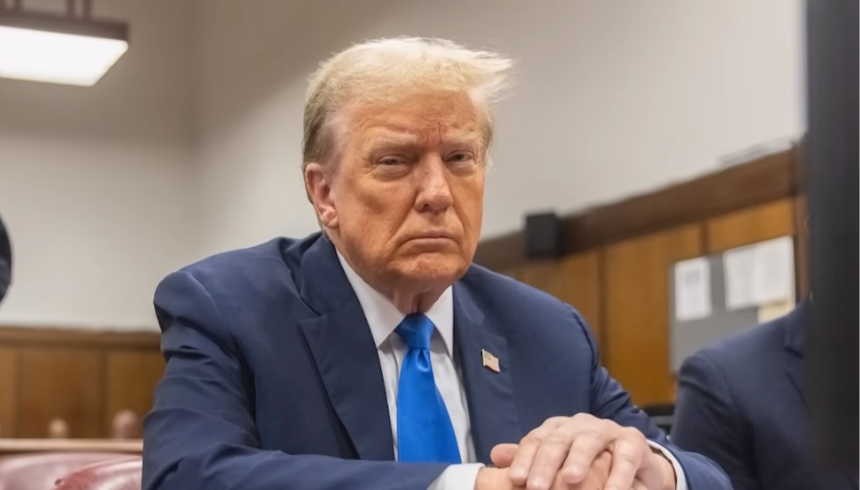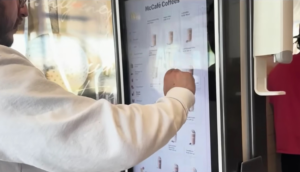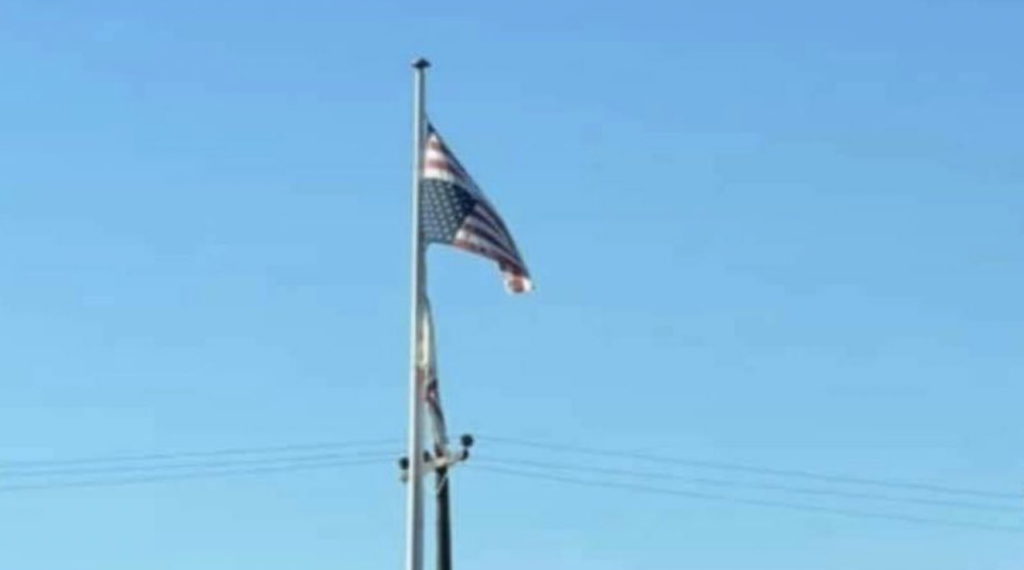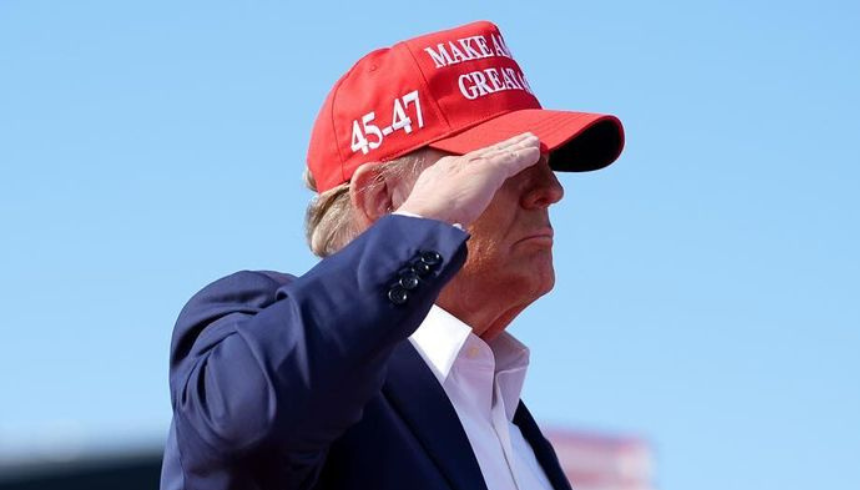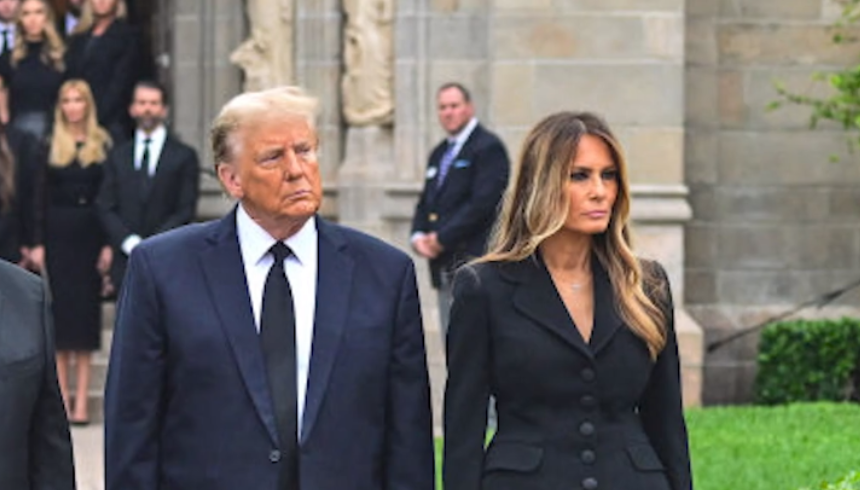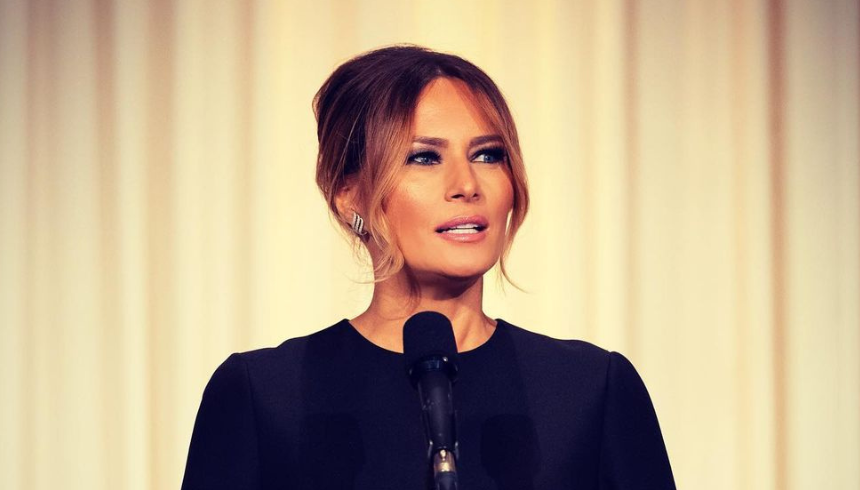The Supreme Court is currently in the throes of a legal battle of monumental proportions, one with profound implications both in the courtroom and the political arena. At the heart of the matter lies the question of whether former President Donald Trump enjoys immunity from prosecution in a federal case accusing him of orchestrating efforts to overturn the 2020 election results.
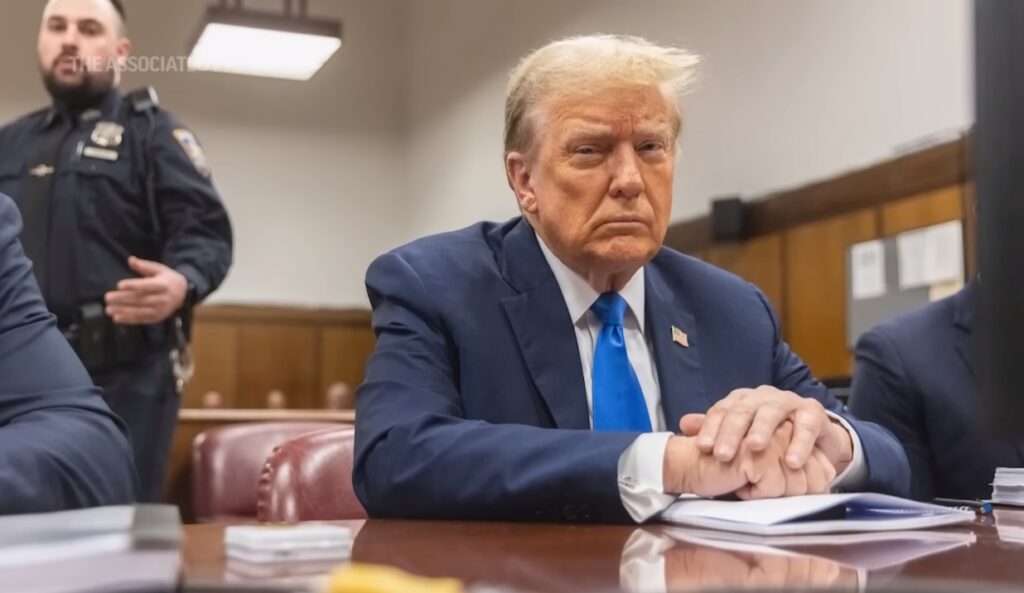
This case is not just another legal skirmish; it’s a potentially historic moment that could redefine the boundaries of presidential power. The outcome of the court’s deliberations will not only shape the trajectory of Trump’s legal woes but also influence the timing of his trial, one of four criminal prosecutions looming over the former president.
The stakes couldn’t be higher. A swift resolution in favor of the Justice Department could pave the way for a trial as early as this fall. However, if the Supreme Court opts to deliberate until late June, the prospect of a trial before the November presidential election becomes increasingly uncertain. Such a scenario would mean that voters head to the polls without the clarity of a judicial verdict on Trump’s alleged role in the events leading up to the Capitol riot on January 6, 2021.
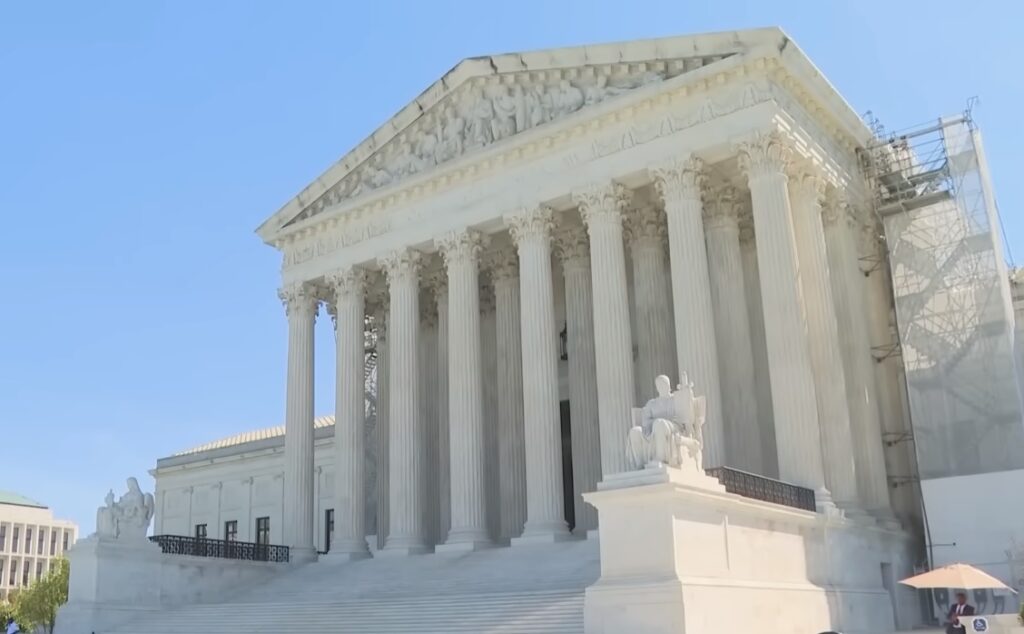
The crux of the legal debate revolves around a simple yet consequential question: does a former president enjoy immunity from federal prosecution for actions taken while in office? This query has thrust Trump into uncharted territory, marking the first time in U.S. history that an Ex president has faced criminal charges.
The Justice Department contends that the Founding Fathers never intended for presidents to be above the law. They argue that Trump’s alleged actions, including his involvement in a scheme to manipulate electoral votes, fall outside the purview of presidential duties and thus warrant prosecution.
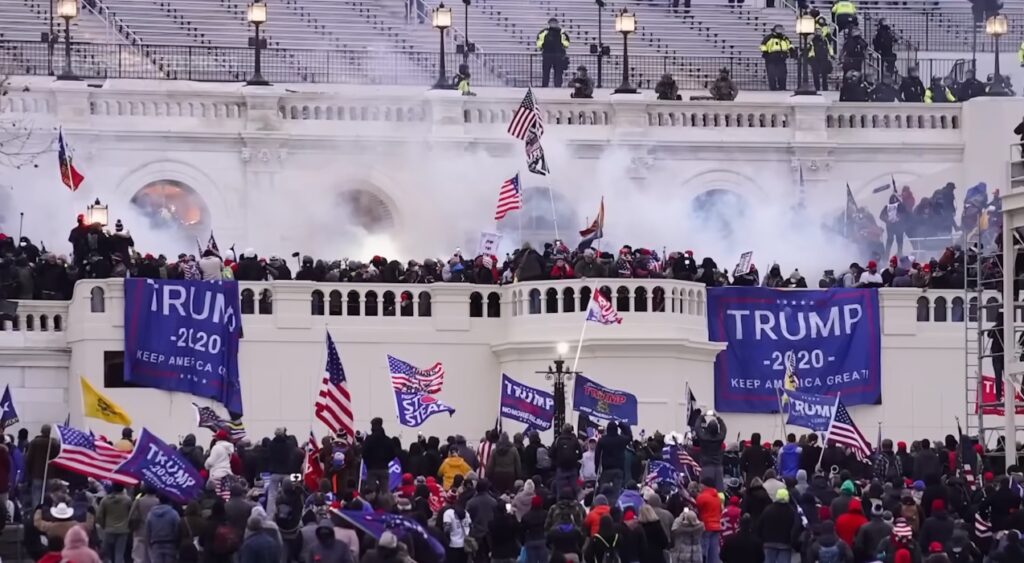
In contrast, Trump’s legal team asserts that former presidents are entitled to absolute immunity, warning of a slippery slope of prosecutions if such immunity is not upheld. They cite a previous Supreme Court ruling that shields presidents from civil liability for official acts, arguing that the same principle should apply in a criminal context.
While the Supreme Court grapples with this weighty issue, it’s worth noting that this isn’t the first time the question of presidential immunity has come under scrutiny. Both a U.S. District Judge and an appeals court have rejected Trump’s claims of absolute immunity, affirming that the office of the presidency does not confer a “get-out-of-jail-free” card.
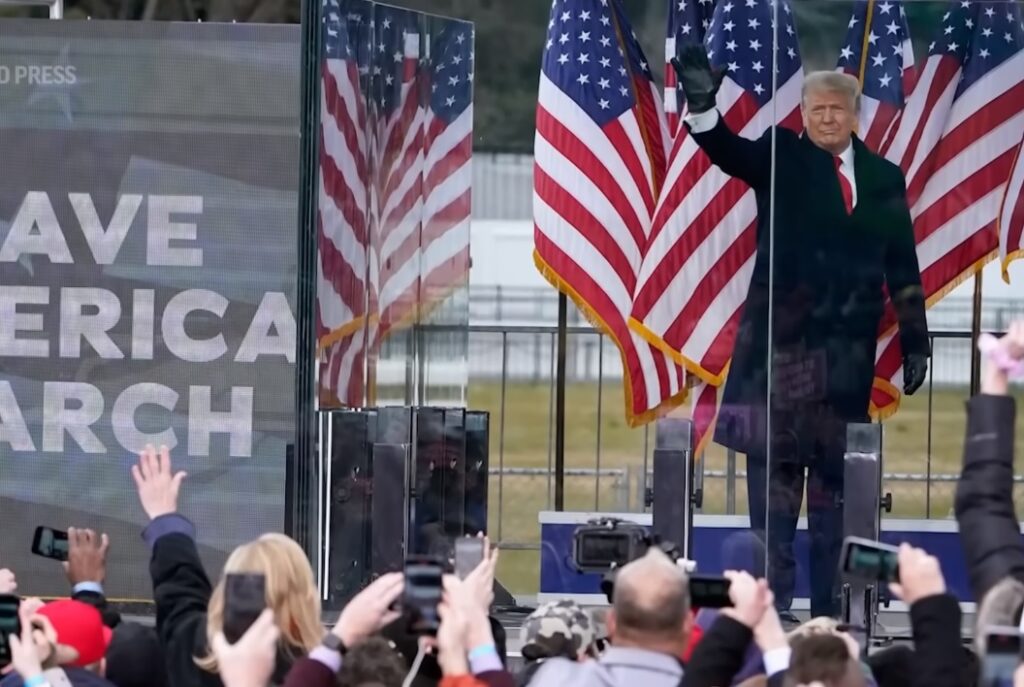
As the highest court in the land prepares to render its verdict, the implications reverberate far beyond the confines of the courtroom. The timing of the trial, particularly in the run-up to the 2022 election, carries significant political ramifications. Whether Trump will be compelled to face trial before the electorate casts their ballots remains uncertain, but one thing is clear: the eyes of the nation are fixed on the Supreme Court as it navigates this historic legal showdown.

